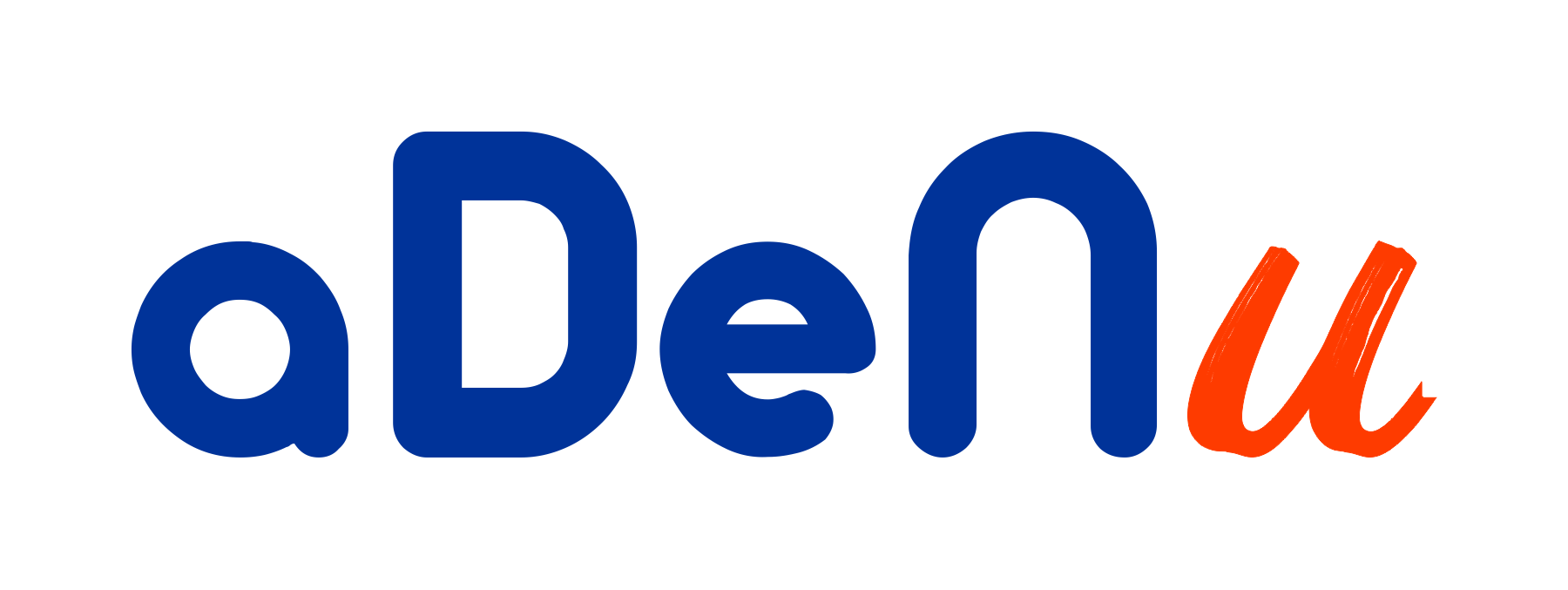Original name in Spanish: A2UN@: Accesibilidad y Adaptación para Tod@s en la Educación Superior
Funding body: Spanish Ministry of Science and Innovation: Convocatoria de ayudas de Proyectos de Investigación Fundamental no orientadaProject IdentifierTIN2008-06862-C04-01/TSI y TIN2008-06862-C04-00/TSI (Project Coordinator)
This project main objective is to analyse the capability of developing a general ICT framework, which will be based on standards and user modelling, to support the development of the LLL (Life Long Learning) services required to attend the accessibility and adaptation needs for ALL in Higher Education, with special attention to the diversity of requirements of adult learners and those who have the so-called disabilities. To this end the project addressess interrelated scientific goals in the following areas: standards and metadata, user modelling, design for all, psychopedagogy, accessibility in user interfaces, assistive technology, machine learning, multi-agent systems and ubiquitous computing.
The scientific evaluation of the general framework, from the practical viewpoint, will consider the generality and flexibility of the new technical features provided to support the required adaptation processes and the interoperability between users, services, contents and devices. The final evaluation of the developed services will count with the participation of all the types of users involved, including students, teachers, speciallised personel in disabilities and administrative staff. A significant number of users covering the whole range of functional diversity issues existing at this educational level (i.e., hearing impairments, visual impairments and slight congnitive issues such as dyslexia and dyscalculia) are required to assure the generality of the framework and the adaptive features in the evaluation.
The UNED subproject will make significant advances in relevant aspects of user modelling, like application for accessible multimodal interactions, dynamic building recommending strategies promoting support for students with disability, application to collaborative scenarios, usage of multi-agent architectures. It will also research on re-usable adaptive learning flows to enhance learning performance and provide psychological support. The SOA based architecture will support the interoperability and integration of standard-based, accessible LLL services of the framework. It will cover the entire life cycle of eLearning (i.e. design, publication, use and monitoring) and combine every scientific result developed. This subproject will necessarily co-operate with every other subproject, as it will generate the overall framework guidance in order to integrate the outcomes of the rest of subprojects.
